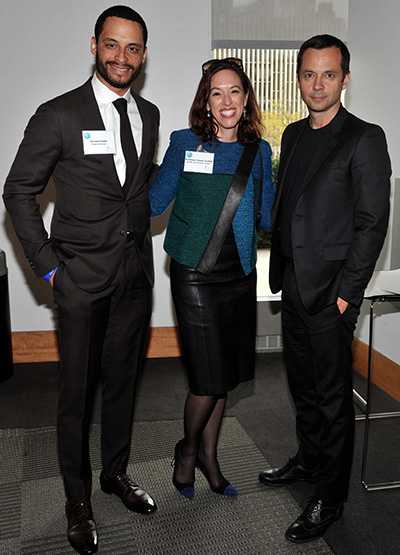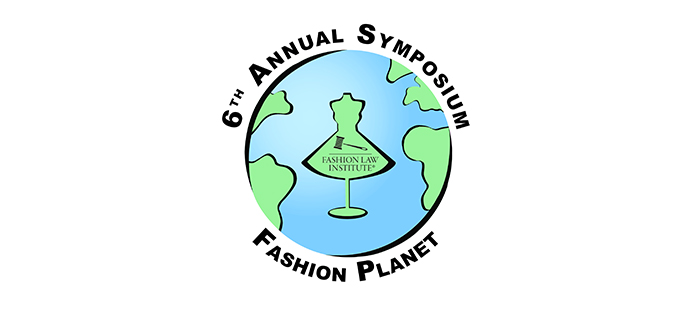As a $1.2 trillion global industry, fashion has never looked better, economically speaking. Its ecological impact, however, is not always so pretty. Pollution from the production process, not to mention the metal mining and leather tanning that often yield its raw materials, is of great concern to environmental advocates. Thankfully, it has become a concern to the fashion brands themselves, as attendees at the 6th annual Fashion Law Institute Symposium learned at Fordham Law on April 22.
For the symposium’s keynote address, Laurent Claquin, head of operations in the Americas for French luxury goods company Kering, spoke about the critical importance of the fashion industry adopting a friendlier relationship with the environment.

“Diminishing resources, loss of biodiversity, and climate change are causing massive disruption in our global world. This concerning state of the planet leaves no other choice but to act,” Claquin said. “I believe it is essential for businesses to put sustainability at the core of what we do. We have a major responsibility in the problem, and therefore we need to be part of the solution.”
Claquin described Kering’s sustainability initiative, which includes hitting environmental targets across its entire business model: in design, sourcing, production, and retail. To measure its progress with these targets, Kering created a new quantitative tool: the environmental profit and loss statement.
In its manufacturing, the company has developed a method to tan animal hides without the use of heavy metals – but declined to patent it. As a result, these eco-conscious strategies are freely available for Kearing’s competitors to implement.
“Sustainable development is not a constraint,” Claquin said. “If you incorporate it into your activities, you create economic, environmental, and social value.”
Claquin’s remarks came amid a full day of panels addressing the symposium’s global theme, in honor of Earth Day.
An afternoon panel, “Parallel Worlds: Copyright, Cheerleaders, and Conceptual Separability,” included two lawyers involved with the case of Varsity Brands v. Star Athletica, a copyright case pitting two sportswear companies against each other. In introducing the panel, Professor Susan Scafidi, founder of the Fashion Law Institute, explained why the topic was particularly timely.
“I am especially thrilled to be having this panel today because the Supreme Court is talking about it at the same time,” she said.
Scafidi was referring to the fact that the case, having already been through the U.S. Court of Appeals for the Sixth Circuit, was being reviewed that very day by the Supreme Court.
“Is the Supreme Court going to take this case?” Scafidi asked panelist Tom Kjellberg, a lawyer who was involved in the appeal.
“I doubt it,” Kjellberg replied. “I don’t see any reason in this case that they would grant cert.” Panelist Rachel Kronman, an attorney who has written about the case, disagreed.
Other panels dealt with immigration policy, bribery, proposed federal regulation of cosmetics and personal care products, and New York City’s declaration that gender-specific dress codes constitute discrimination.
“Fashion is a global industry, and legal changes in one jurisdiction have ripple effects through the entire system,” said Scafidi. “In the words of the famous legal historian F.W. Maitland, law is a seamless web—and the thread connecting law and the fashion business wraps all the way around the world.”

